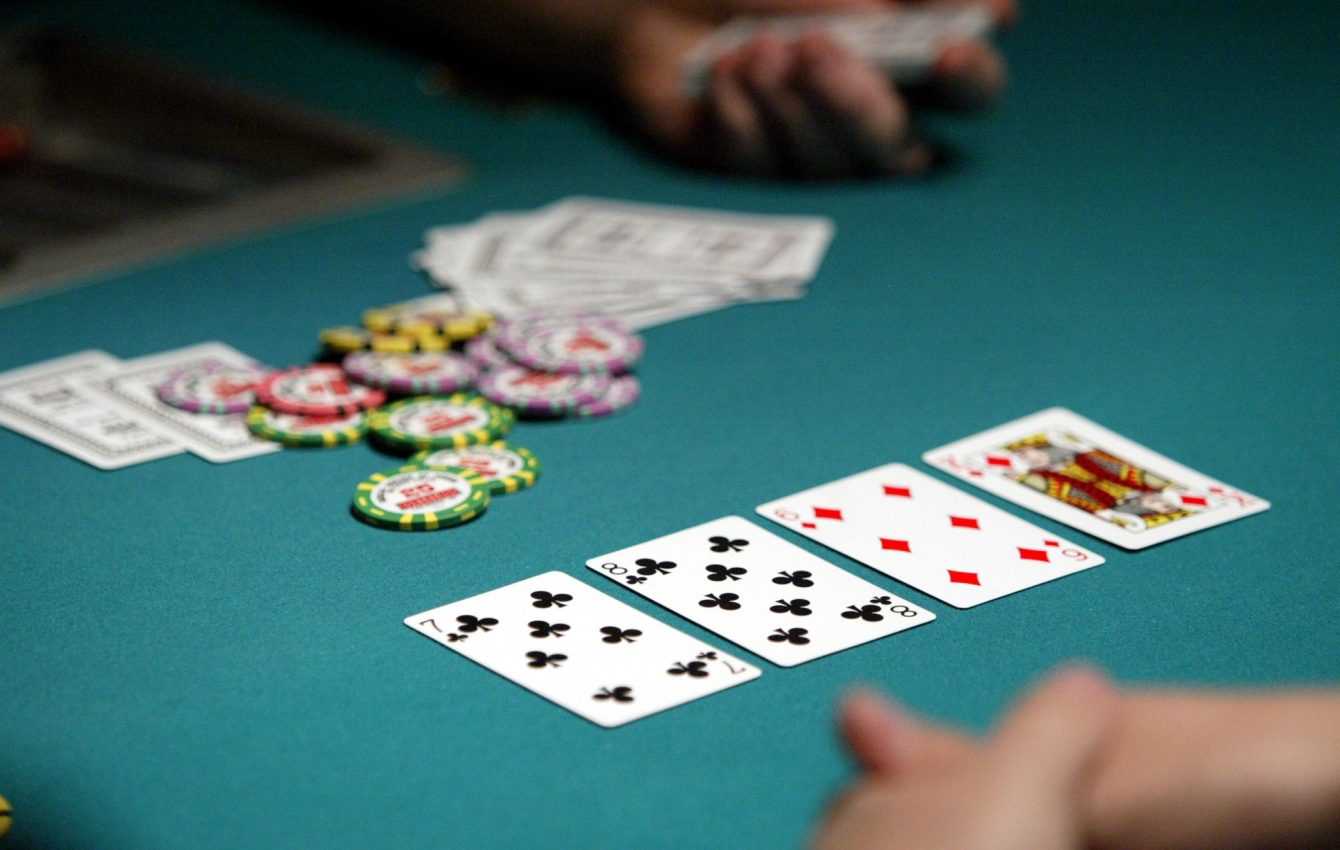Do you dream of becoming a professional poker player? Here are some tips that could help you turn your career around!
Becoming a professional poker player is the dream of many fans of this fascinating card game. Economic independence, freedom and possibility to travel these are just some of the reasons that push more and more people to undertake this path every day. However, the transition from an amateur to a professional player requires commitment, study and a solid strategy.
In this article, we will explore the basic steps to start a successful career in professional poker, starting from scratch. By following these tips, you can acquire the necessary skills and forge your path to success.

1. The fundamentals: learn to play, beyond the basic rules
Before taking any other action, it is crucial to thoroughly understand the game of poker. Learn the rules of the different variations such as Texas Hold’em, Omaha, Seven Card Stud and all the others of your interest, as well the different phases of a hand, such as pre-flop, flop, turn and river. Learn the values of the cards and possible combinations. Once the basic concepts have been consolidated, you can begin the actual study.
2. Study, study, study
Poker differs from any other gambling game in being a game where skill and strategy matter much more than mere luck. To excel, therefore, you need to study constantly. Read books, articles, consult forums, stay updated on the latest poker news, and follow online tutorials. Purchase specialized software that allow you to analyze your games and improve your game. Learn from the professionals observing their games and strategies and, if you can afford it, consider the possibility of get followed by a coach.
3. Start Playing Online Poker
Theory is fundamental, but it is certainly not enough on its own to make you a professional. Once you feel confident enough in your skills, start playing online. The major poker websites offer a wide range of tables to join, from those with very low stakes to those dedicated to experienced players. Start with low stakes or free tournaments to gain experience and play thousands of hands to improve your game. Once you are comfortable with a certain level and find yourself winning more often than not, then you can consider moving up a level.

4. Bankroll Management
The management of the bankroll is crucial for a professional poker player. Set a dedicated poker budget and keep it separate from your personal funds. Never play with money that you cannot afford to lose. Don’t think you’re invincible when things are going well and don’t chase losses when you’re in a bad run. Knowing how to manage your funds will protect you from the difficulties of the early days and from any periods of bad luck.
5. Develop a Solid Mindset
Poker is a game that requires a strong mindset. You must be able to di manage stress, defeats and pressures of the game. Work on your discipline, avoid impulsiveness and learn to make rational decisions based on probabilities and analysis of available information.
6. Poker Hand Analysis
After each gaming session, take time to analyze your hands. Ask yourself if you made the correct moves e what you could have done differently. This review process will help you identify your weaknesses and improve your game over time.

7. Build a Network of Contacts
In the world of professional poker, your network of contacts is precious. He participates in live tournaments, frequents casinos and participates in poker groups or forums. Get to know other players and share experiences and information. These contacts can lead to learning opportunities which you can’t get anywhere else.
8. Participate in Live Poker Tournaments
Once you feel confident enough in your abilities, consider participate in live poker tournaments. Start with local or regional events and work towards higher-level tournaments. Live tournaments offer the opportunity to win big cash prizes even without necessarily finishing first and build your reputation on the circuit.
9. Taxes and Taxes
As a professional, you will need to manage taxes on your winnings and ensure you have a solid financial footing. You may need to consult a tax advisor with experience in cases similar to yours to properly manage your income.
10. Never stop learning
Poker is an ever-evolving game, with new strategies constantly emerging. Never stop learning and adapt to new trends and challenges. The day you think you have arrived is the day your poker career begins to decline.

Conclusions
Becoming a professional poker player is a challenging but rewarding journey. It requires dedication, study and patience. By following these steps, you can build a solid foundation and work towards your goal of becoming a successful poker professional. Remember that poker is a game of skill, and with time, effort (and even a little luck) you can reach the desired level and establish yourself in the world of professional poker.
















Leave a Reply
View Comments